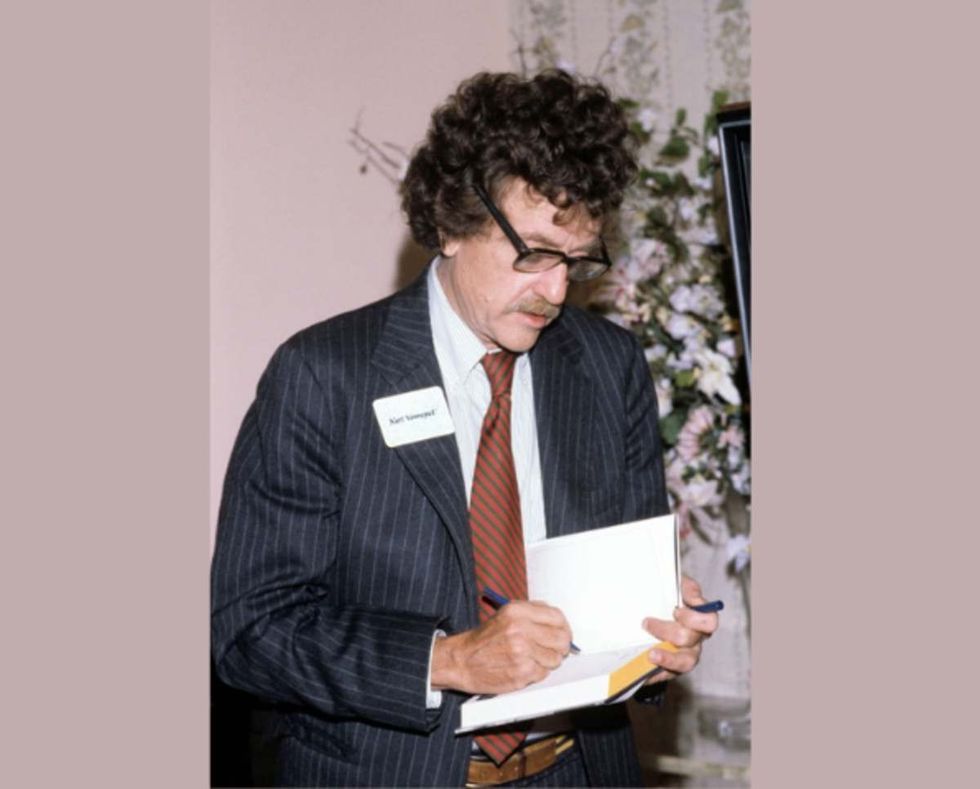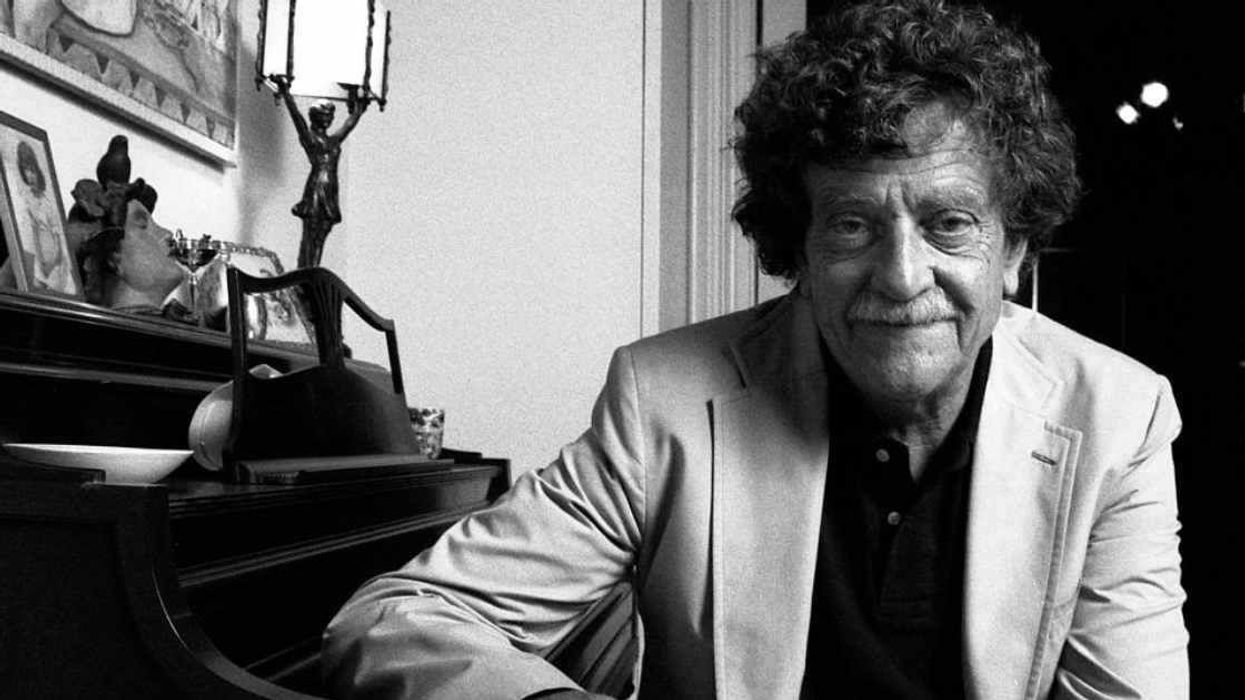Few things are as heartwarming as receiving a letter filled with pure emotion and love. In 2006, students at St. Xavier High School were tasked with writing to someone they admired. Five chose Kurt Vonnegut, the iconic author of “Slaughterhouse-Five,” “Cat’s Cradle,” and other bestsellers. To their delight, Vonnegut replied with a touching message that continues to resonate more than a decade later, according to High Existence.

Vonnegut began the letter by addressing the five students and their teacher. “Dear Xavier High School, and Ms. Lockwood, and Messrs Perin, McFeely, Batten, Maurer and Congiusta,” he began writing. The author thanked the students for their letters and explained why he was writing to them instead of meeting them. “You sure know how to cheer up a really old geezer (84) in his sunset years. I don’t make public appearances anymore because I now resemble nothing so much as an iguana,” he wrote. The “Breakfast of Champions” author then came to the point and shared a decent bit of inspirational advice to the students.

He urged them to develop a hobby and practice it passionately. “Practice any art, music, singing, dancing, acting, drawing, painting, sculpting, poetry, fiction, essays, reportage, no matter how well or badly, not to get money and fame, but to experience becoming, to find out what’s inside you, to make your soul grow,” he wrote. Adding a bit of sweet humor as his writing style entails, he said, “Draw a funny or nice picture of Ms. Lockwood and give it to her. Dance home after school, and sing in the shower and on and on. Make a face in your mashed potatoes. Pretend you’re Count Dracula.”

But Vonnegut didn’t stop there. He proposed a unique and somewhat unconventional task for the students, even suggesting that the teacher flunk them if they didn’t do it: “Write a six-line poem, about anything, but rhymed. No fair tennis without a net. Make it as good as you possibly can. But don’t tell anybody what you’re doing. Don’t show it or recite it to anybody, not even your girlfriend or parents or whatever, or Ms. Lockwood. Okay?” The activity seemed fine until the author mentioned that they had to tear their poem after they’d written it and dump it into the trash bin.

Although the assignment seemed unusual, Vonnegut explained its deeper significance: “Tear it up into teeny-weeny pieces and discard them into widely separated trash receptacles. You will find that you have already been gloriously rewarded for your poem. You have experienced becoming, learned a lot more about what’s inside you and you have made your soul grow.” Vonnegut concluded the letter with a blessing for the students and his salutation. As absurd as it may seem, his advice is truly remarkable, meant to build students over time into thoughtful and humane individuals.


















 A couple sleeping in their tentCanva
A couple sleeping in their tentCanva
 Clinic are factoring more and more into health planning in the US.
Clinic are factoring more and more into health planning in the US. 
 Representative Image: Making pizzas for hungry people. Pexels I Photo by Jvxhn Visuals
Representative Image: Making pizzas for hungry people. Pexels I Photo by Jvxhn Visuals Representative Image Source: Pexels I Photo by Polina Tankilevitch
Representative Image Source: Pexels I Photo by Polina Tankilevitch Representative Image: Is there anything better than pepperoni? Pexels I Photo by Pixabay
Representative Image: Is there anything better than pepperoni? Pexels I Photo by Pixabay "This story made my whole night better." Reddit I
"This story made my whole night better." Reddit I 
 Model Lauren Chan's 2025 Sports Illustrated Swimsuit issue cover, photographed by Ben Watts. Ben Watts/Sports Illustrated,
Model Lauren Chan's 2025 Sports Illustrated Swimsuit issue cover, photographed by Ben Watts. Ben Watts/Sports Illustrated, 


 Fisherman at duskCanva
Fisherman at duskCanva Water rescue teamCanva
Water rescue teamCanva Pulling someone to safetyCanva
Pulling someone to safetyCanva You never know what you may catch in the waterCanva
You never know what you may catch in the waterCanva
